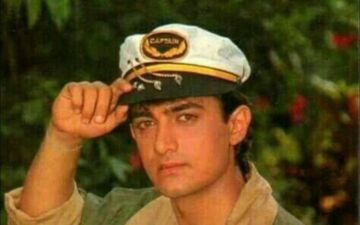Jab We Met, Taare Zameen Par, Jodhaa Akbar: 3 Engaging Movies To Watch While You’re Under COVID-19 Lockdown- PART 13
We are back with yet another list of movies you can watch while you’re stuck at home amid lockdown! Jab We Met, Taare Zameen Par, and more; check out this interesting list
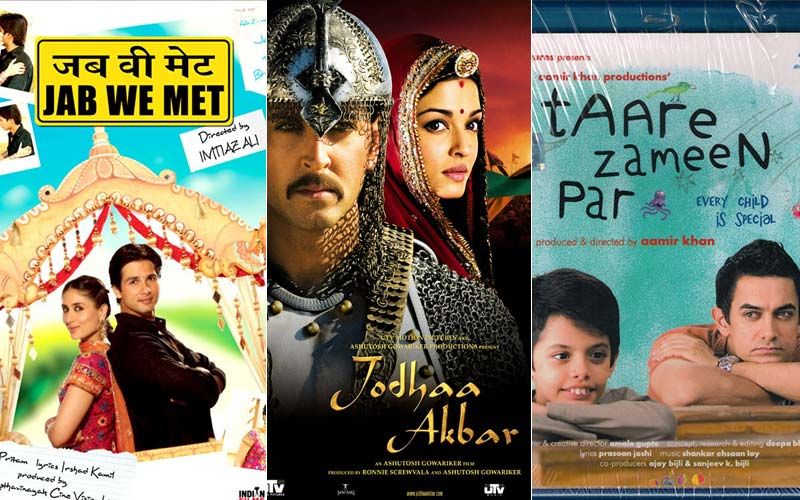
Jab We Met (2007): In a tailor-made salwar-kameez clad role, Kareena Kapoor Khan playing a boisterous Sikh girl on her way to tell her parents about her boyfriend meets up with a brooding suicidal jilted entrepreneur. The sparks fly instantaneously ….or should that be, infinitely…..since the sparks tend to fall in volumes of ignited light all across the film’s incandescent horizon creating a briskly moving screenplay that looks straight into the heart.A chance encounter between two people on a train is not the most novel of cinematic ideas. The surprise element in Jab We Met is, that there is no surprise. Director Imtiaz Ali, displaying a deft and lucid command over his material and actors, lets the boy-meets-girl story take its own course without pushing for effect.
The vignettes on the trains and off them look so lived-in you could reach your hand and touch Aditya and Geet’s glowing relationship in the small towns of Punjab and North India.The dialogues flow in a steady stream of vocalized thoughts. No one here is trying to be clever. Not a single shot in Jab We Met strives for effect. There’s an element of inevitability in the flow of satiny emotions. Kareena’s insouciant warmth just bathes the screen in voluble splendour. She proves once again that when she puts her heart to it, she’s quite simply the best. In the second-half she depicts the external ruins of a broken heart with eyes that seem to have shed their light while we were not watching.The director invests a whole lot of quiet moments between the couple. These are handled with a mellow maturity that defies the overall lightness of the romantic-comedy genre.Shahid is right up there , furnishing a raga of restrain to his role of a man just waiting to come out of his shell.
There’re many reasons apart from Kareena and Shahid why Jab We Met is a special film. The narrative moves with serene swiftness through several cities towns and locales giving the lead couple a chance to get to know each other and their mutually-shared environment of some hostility and immense cordiality. Cinematographer S. Natarajan Subramaniam’s camera caresses the snow-capped mountains in Himachal with as much affection as the embers in Kareena’s eyes.Yes the never-ending Dilwale Dulhaniya Le Jayenge festivities in the heroine’s Sikh bustling household get oppressive beyond a point. And the imminent yes to the romantic mess is unnecessarily delayed, with Tarun Arora’s duffer-fiance’s act making you wince and fidget in your seat.But by the time Shahid and Kareena get into a clasp for a farewell kiss we are cheering the couple as though Valentine’s Day had been invented for this occasion. Heartwarming in its sincerity and utterly wedded to the feeling of romantic integrity, Jab We Met is the kind of cinematic experience that is hard to come by in this day and age of smoky cynicism and borrowed rage.
Taare Zameen Par(2007): Taare Zameen Par explores the bewildering labyrinth that traps a child’s mind in a state of unfinished ecstasy and enforced anguish. There have been significant films from India that look at a child’s world from inside, likw Satyajit Ray’s underrated Pikoo and Santosh Sivan’s Halo. But if you look at Aamir’s deceptively simple narration, the double vision whereby we see the sensitive child’s cloistered and chaotic world from his perspective as well as from an adult perception, has its roots in Ray’s Pather Panchali.
‘Writer and creative-director’ Amol Gupte brings Ray’s Pather Panchali into the same range of vision as Federico Fellini’s Amarcord and Robert Benigni’s Life Is Beautiful. Ishaan could be Ray’s Apu from Pather Panchali transposed from the rural idyll of Bengal to the harsh stifling nightmare of Mumbai where the school-bus uploads Ishaan like a perishable commodity. Each day is a struggle. Each morning a fight to get those reluctant feet into the assembly-line…pun intended. Many of the fringe characters in Ishaan’s school’s staff-room and in his immediate vicinity are deliberately portrayed as cartoonish and caricatural. Aamir knows the fundas of fretful growing-up in and out and applies them with well-oiled wisdom.
Have you seen how adults look while talking down impatiently and condescendingly to a child? Setu’s ceaselessly searching camerawork penetrates the child’s world without puncturing the bubble of the dreamscape that makes a child’s world so precious and preservable. .Some of Shankar-Ehsaan-Loy’s remarkable songs and background music concretize the creative clutter in Ishaan’s mind. Most importantly Taare Zameen Par doesn’t give you a patronizing blue-print on how to bring up a child, specially a ‘difficult’ child.
Sure, it tough being a kid in a grownup’s world. Aamir’s film lets this fact be known through subtle and not so subtle but always sensitive modes of narration. There’re endless shots of under-privileged children captured on candid camera that makes the film unnecessarily self-important. Couldn’t Aamir have focused on Ishaan’s nucleur world and let it be representative of the larger world of sensitive tenderness? Hope floats in macro-cosmic dollops in Taare Zameen Par. Now you see Ishaan smile awhile. Now you don’t. But it isn’t easy being a parent either. There’re no clear cut dos and don’ts on parenting. My only objection in this film of enormous virtues is the sanctimonious lecture that Aamir’s character, a modern-day sunny and eminently likeable avatar of Sidney Pottier in To Sir With Love, delivers to Aamir’s rather theatrically-played father in his home.
This deviation from the delectable delicacy of tone adopted by the film, jars. But then Taare… isn’t in pursuit of the perfect voice. Amidst the babble of hysterical and ostensibly rational voices that govern little Ishaan’s world the film finds a scintillating center , a source of primary focus from where all the omissions of Aamir’s vision (why are all the kids in Ishaan’s building so thick-skinned?) appear not only excusable but even perfectly in-sync with the fragile universe that the narrative creates for its little-big hero.
Taare… is a work of multitudinous virtues and some negligible flaws. Most of all it gives us an actor who plays Ishaan with a tender force that sweeps our hearts clean of all cynicism. Playing Ishaan isn’t the cakewalk that it seems. Darsheel Safary had to first get out of his own child’s world and enter this other tormented and splintered world of childhood nightmares and delicate dreams.
Darsheel negotiates that leap from one impressionable stratosphere to another without losing thread of the steps that take him across . I’m sure Aamir’s guidance was invaluable to the boy. But surely there’s much more to be said about the child’s ability to take instructions so attentively while playing a child who quite simply doesn’t listen to any extraneous voice!
And it isn’t just Darsheel. The other children –Sanchet Engineer who plays Ishaan’s studious elder brother and Tanay Cheda who plays Ishaan’s best friend, plus even the back-benchers in Aamir’s world of comforting confusions —are splendidly sensitive.
Taare Zameen Par is a work of art ,a water painting where the colours drip into our hearts, that could easily have fallen into the motions of over-sentimentality. Aamir Khan holds back where he could easily resort to an extravagant display of drama and emotions. He imbues the canvas of the child’s world with colours that portray the pale but prominent shades of life .
A word for Tisca Arora who plays Ishaan’s harried mother. She’s a portrait of maternal sobriety and perfectly in-sync with Aamir’s portrait of restraint. Aamir’s heart weeps for the loss of childhood innocence along with his eyes. As an actor and a filmmaker Aamir’s sincerity is unimpeachable. Take a bow, Mr Khan. It takes a load of guts to create a world so free of artifice and manipulation.
Jodhaa-Akbar(2008): Is Gowariker’s Mughal-e-awesome fated to be as tall and magniloquent as Asif’s deserved costume drama? In terms of the creative and visual terrain covered in the course of the 3 hour-20 minute journey from history to hysteria from mellow to melodrama, and back, Gowariker’s vision subsumes a reined-in wealth of ideas and images suppressed into an opulent but aesthetic orgy of love , romance, war, hatred and secularism and sublimity.
The noble righteousness of the creative mind(so evident in Gowariker’s earlier films Lagaan and Swades) here jumps out of the screen to seize the audience by the solar plexus and transport us into an era when brother battled brother in bitter rage. But love ,kambakht ishq, blossomed in the inner chambers of a secular Muslim emperor who married a fiercely individualistic Rajput queen and allowed space to be her own person.
Wisely the narrative patterns Akbar’s chequered life love and wars through the various characters who influence his mind and heart. To begin with we see the young Akbar being moulded into a violent creature of revenge and acquisition by his senapati-mentor Bairam Khan(Uri).
But sorry, Akbar with his melting eyes and a heart to match, won’t behead his enemies unless they push him beyond the brink. In a frightening burst of vengeful brutality we see Akbar ordering his soldiers to thrown down a stubborn adversary’s head-first to death . A smashing mise en scene, no doubt.
Alas, Akbar lived in violent battle-friendly times. His repudiation of a culture of confrontationism is benchmarked by the characters who shape his life …There’s the very complex relationship that Akbar shares with his foster-mother(Ila Arun, brilliantly choleric).
This troubled relationship and the friction between the foster-mother and Akbar’s new bride could be straight out of Indra Kumar’s Beta…More filmy stuff? You got it! Doesn’t the ambivalent equation between the foster-mother and Akbar’s real mother(Poonam Sinha, eternally lost as though worried about what the cook must be preparing back home for the kids’ dinner) remind you of Durga Khote and Sonia Sahni in Raj Kapoor’s Bobby?
Ashutosh Gowariker purposely and sure-handedly brings in kitschy elements from great commercial cinema to provide a kind of warm and ready-to-wear accessibility to his historic tale. The filming of the durbar-song Azeem-o-shaan shahenshah is the last word in spectacle.Breathtaking is the word that comes to mind often in this breathless but never breadth-less tale of vibrant valour and vitality.
Never before have we seen battle sequences so spectacular and energetic in Hindi cinema. Take the opening sequence where the battle lines close ranks in such passionate movements that we the audience feel trampled at the center.
Kiran Deohans’ swift-but-sublime cinematography is of international caliber, on a par with anything that we’ve seen in Gladiator or Braveheart. A R Rahman’s music is a bit of a letdown, though. Veering between authenticity and listener-friendliness it’s a bit of a mellow mish-mash signifying none of those enchanting echoes of Jodha and Akbar’s royal hearts resonating with ever-lasting romanticism.
The love story occupies the pride of place in Jodhaa-Akbar. The sudden marital alliance between the benign king and the free-spririted Rajput queen, their post-marriage courtship, the monstrous misunderstanding that cuts through their growing fondness, and the final and irreversible reconciliation, are portrayed with exquisite and penetrating fluidity. Not once does the director allow the inherent opulence of his theme to overpower the love that grows like a tender blossom in a parched desert.
Hrithik Roshan’s pleading poetic eyes in a warrior’s face define the historic romance as much as Aishwarya Rai’s swan-like grace and passionate individualism . After Dhoom 2 this pair whips up a Mughalai feast of passion and romance without skipping a single beat.
There’re thundering interludes of romance between the central characters all done in a captivating blend of poetry and drama echoing the past in a sprinkle of ever-renewable emotions. But none of this is ever done in a self-congratulatory over-flamboyant style.
Jodhaa-Akbar takes us back to a time when love meant never having to say your are Salim.
Watch this Mughal-e-awesome as a splendidly spiced-up slice of history. Or just savour the chemistry between the warrior and the princess, with hundreds of junior artistes, elephants, rabbits and parrots accompanying the couple’s journey from secularism to eternity.
Image source: IMDb
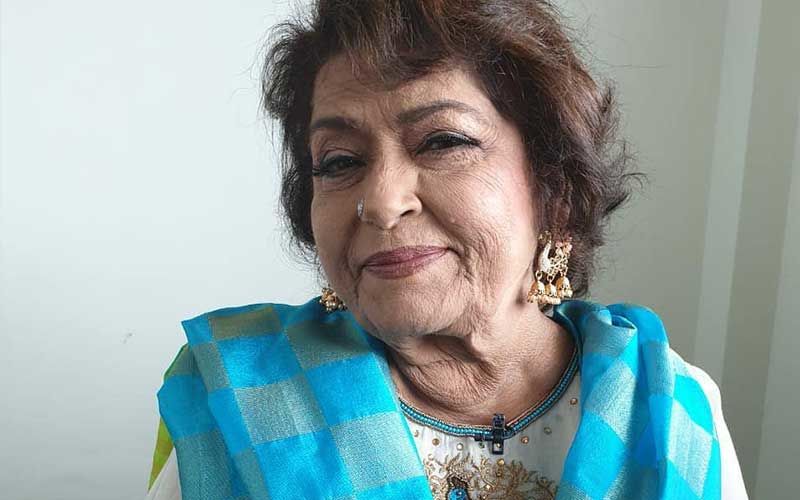
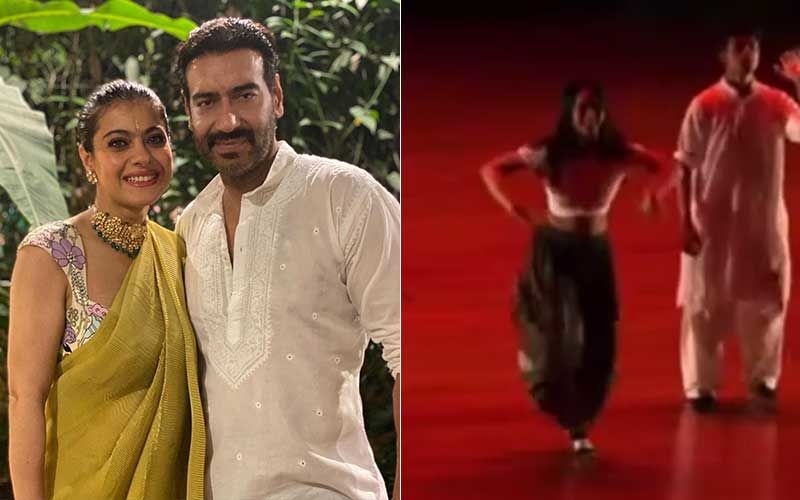
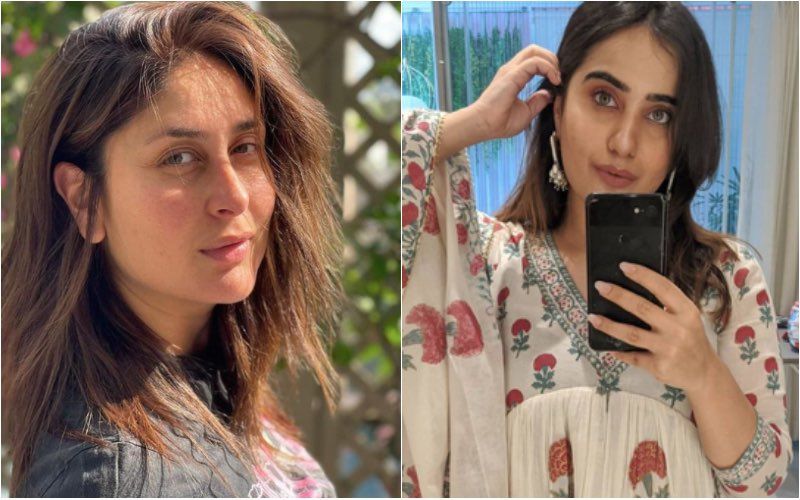
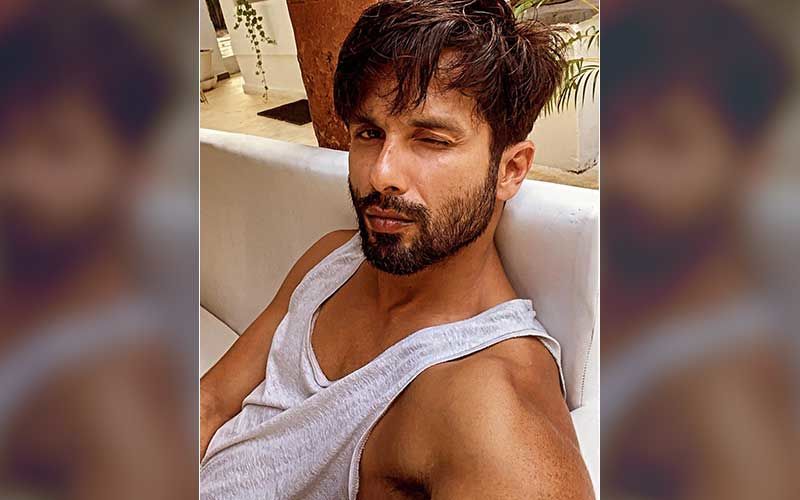
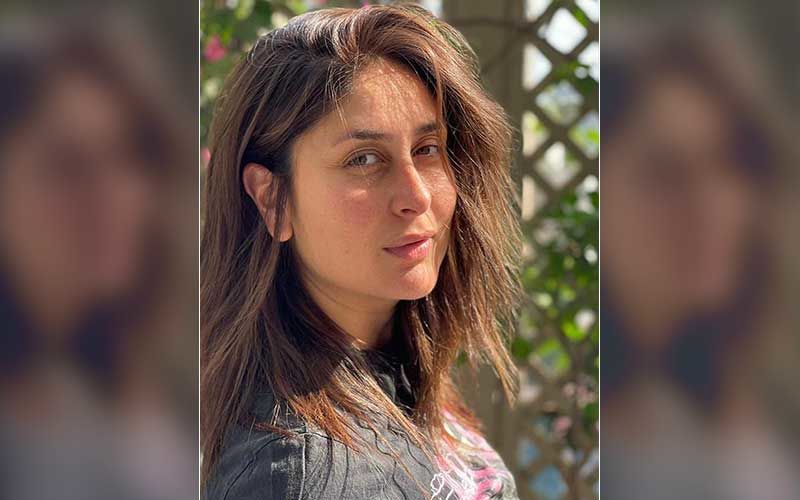
_2025-4-1-7-24-14_small.jpg)
_2025-4-1-6-59-55_small.jpg)
_2025-4-1-7-28-29_small.jpg)

_2025-4-1-6-30-12_small.jpg)
_2025-4-1-7-39-32_small.jpg)
